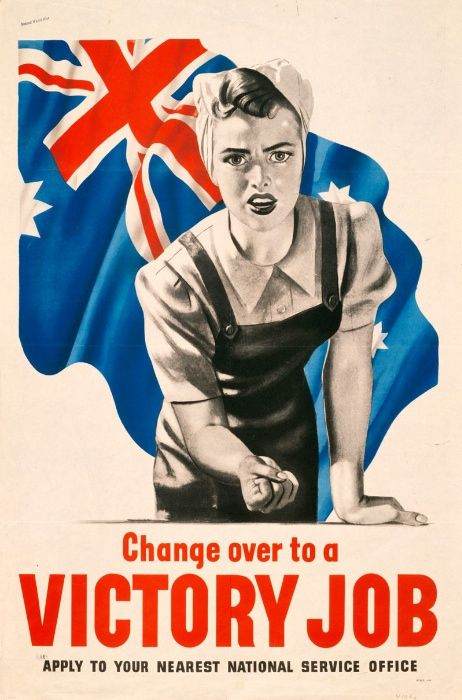Maintaining full employment in Australia was once considered a top priority of state and federal governments. For more than two decades, between the end of World War Two and the early 1970s, unemployment in Australia was around two percent. Keeping unemployment low was seen as a collective responsibility. There was explicit acknowledgement of the fact that capitalism, by its very nature, produces winners and losers, and that if we want the benefits of a market-based capitalist economy then we must also take responsibility for the casualties.
In the 1970s and 80s all of this changed. Liberal free-market ideas rose to dominance across most of the world in what is now often referred to as neoliberalism. Instead of viewing unemployment as a collective problem, neoliberalism painted unemployment as an individual responsibility. The public focus shifted from ensuring there were enough jobs for all to a dialogue around individual employability. Tellingly, it was in the mid-70s that the term ‘dole-bludger’ entered the Australian lexicon. Ever since then successive governments been increasingly punitive in their treatment of the unemployed.
The focus today is, in effect, on punishing and stigmatising the unemployed for being unemployed even when there are many more job seekers than there are jobs. The mutual obligation framework that currently underpins unemployment benefits rests on an assumption that the unemployed need to be pushed to look for work and that many would not apply for jobs if they were not forced to. To some extent this may be true, but only because many know that there are no jobs for them. Thus, mutual obligation activities become pointless and degrading bureaucratic hoop-jumping exercises.

